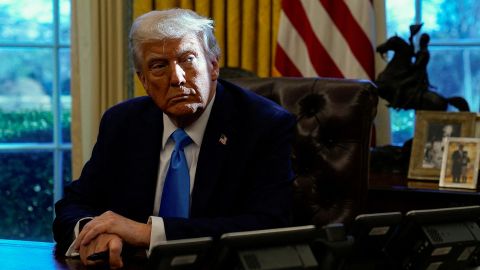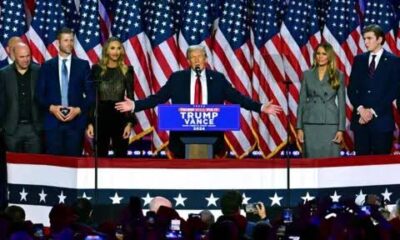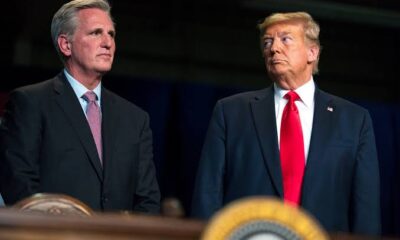NFL
Trump Has Put America’s Allies in an Impossible Position – That Might Be Where He Likes Them.

During his presidency, Donald Trump’s approach to foreign relations often put America’s allies in a difficult and awkward spot. Through his “America First” policy, he reshaped U.S. foreign diplomacy, emphasizing national interests over longstanding international partnerships. While some argued that Trump’s tough stance was a necessary recalibration of global alliances, others saw it as an act of disruption that tested the strength and resilience of these relationships.
One of the key aspects of Trump’s foreign policy was his willingness to question and challenge established international agreements, such as NATO. Trump repeatedly criticized NATO members for not meeting military spending targets, even suggesting that the alliance might be obsolete. These remarks left European allies in a bind, caught between the need to placate the U.S. and their own strategic interests within the alliance.
Similarly, Trump’s “America First” mantra often resulted in tense trade relations with key partners. Tariffs on China, Mexico, and the European Union sparked trade wars that threatened long-standing economic ties. Countries like Germany, Canada, and Japan had to navigate the shifting demands of the U.S. while maintaining their own economic stability.
On the world stage, Trump’s approach often pushed allies into a position where they had to choose between standing firm with American leadership or distancing themselves from policies they found detrimental to their own national interests. His withdrawal from the Paris Climate Agreement, for example, left other nations to carry the torch on climate action while simultaneously forcing them to engage with a more unpredictable U.S.
For some, it seemed that Trump liked putting America’s allies in this impossible position. His approach often appeared less about fostering collaboration and more about forcing other countries to reevaluate their alliances and align more closely with U.S. goals. The result was a more transactional world order, where loyalty and longstanding partnerships were secondary to immediate gains.
But the real question remains: what impact has this had on the long-term stability of these alliances? Many allies may have been forced into compliance under duress, but as global power dynamics shift, it remains to be seen whether these strained relationships will recover or redefine themselves in a post-Trump era.


















